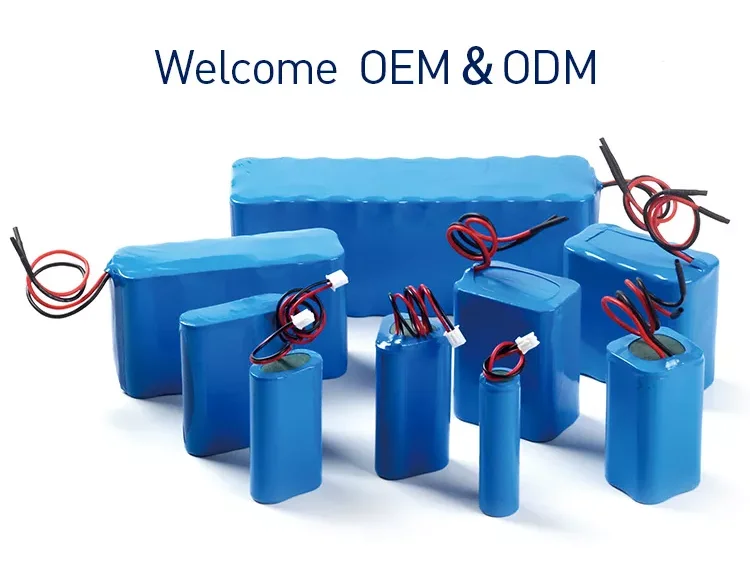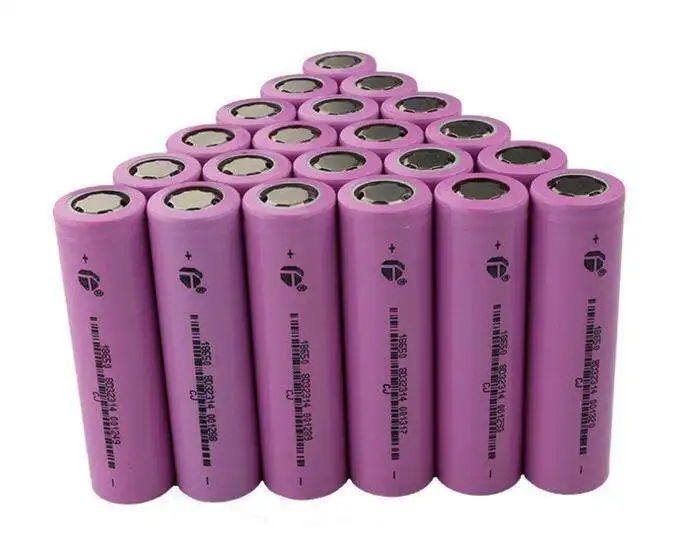Suitable for Large - scale Applications
With their lower cost and high - rate capabilities, sodium - ion batteries are well - suited for large - scale energy storage scenarios, such as grid - connected energy storage systems. They can store large amounts of electricity generated from renewable sources like wind and solar power, helping to stabilize the power grid and improve the integration of renewable energy into the existing power infrastructure.

